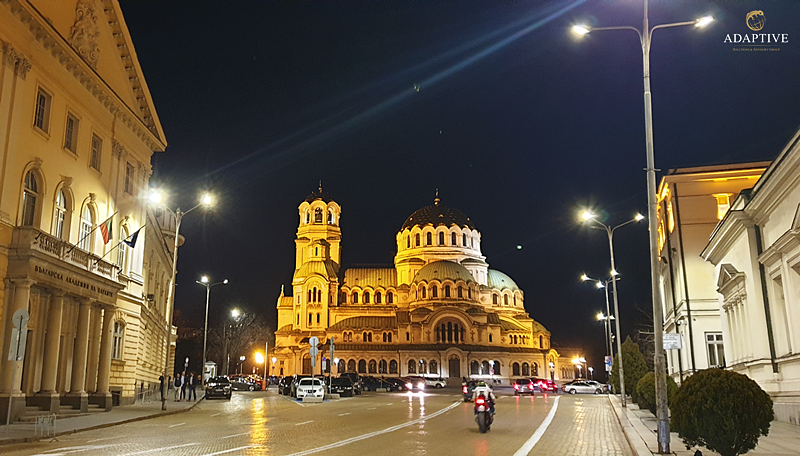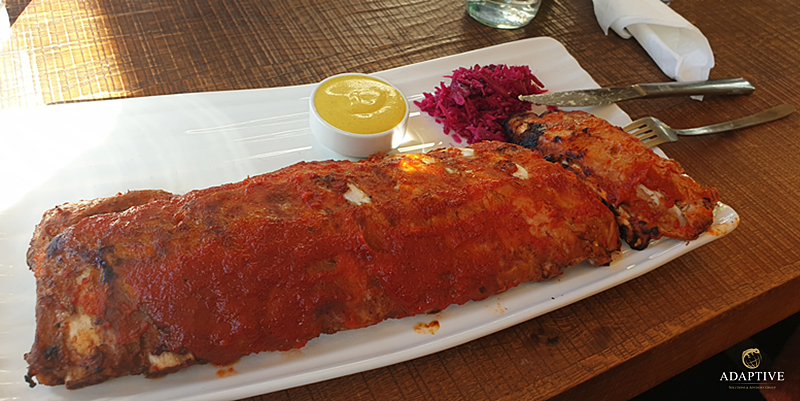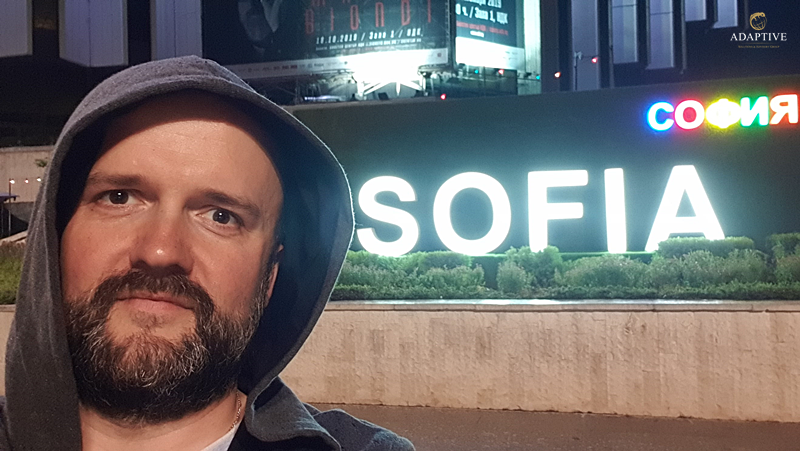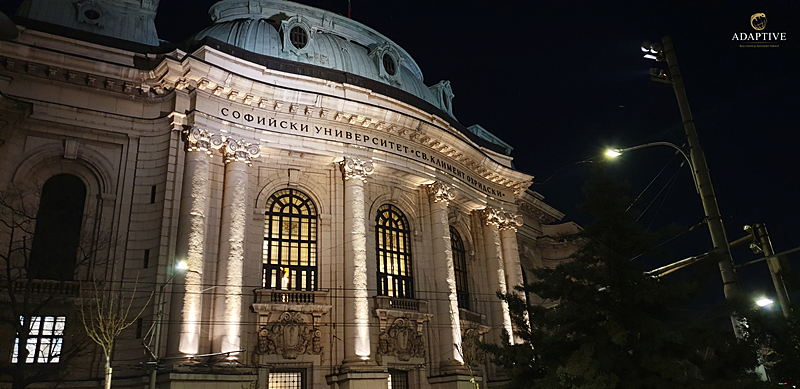
Posted on: Dec 17, 2019
This year, our Program Manager, Michał Ejchman had a quite challenging, yet interesting consulting project which involved regular business trips to our client’s office in Sofia. In this short interview, he talks about his feelings for Sofia and reveals the purpose of the trip.
Irmina Liczbik: Let’s start with people in Sofia. What are your impressions?
Michał Ejchman: An interesting combination of Slavic and Turkish culture, however you should not mention that as Bulgarian people do not want to talk about it – they had been under Turkish control for many years. Moreover, in Sofia you are a witness of a really compelling mix of languages and cultures.
What is more, in Sofia you have many Christian churches of various religious creeds. You can see fascinating old buildings next to the new ones and you can see a constant development as far as architecture is concerned. Not to mention the splendor and beauty of Orthodox churches.

How about food?
I have not got much opportunities to enjoy traditional food as much as I wanted but what I can definitely recommend is lamb and also delicious ribs. As far as food is concerned, you can expect dishes which are similar to stew with pepper, meat and tomatoes.
I also enjoyed baklava – here we have Greek influence, and banica – a kind of pie made of French pastry stuffed with meat or potato.

Any places you would recommend visiting?
In general, you can have an impression that the attractions’ architecture is quite chaotic, but the older ones are really worth-seeing. My favourite? The Statue of Sveta Sofia.

Time to reveal the purpose of your visits in Sofia…
My job was to provide coaching & mentoring for new Global Process Owner responsible for P2P process. Our client’s company decided to promote skilled expert from within the organization to the position of GPO and hired me to guide her. Together with the client, we introduced the role of GPO so that it was properly founded and settled within the company. The project involved also establishing what GPO should do, how the flow of information should look like and guidance in looking from global perspective.

Any memories particularly vivid?
Firstly, Bulgarian people understand nodding and shaking heads the other way round. However, people working in multinational organizations try to do it like we do. For me personally, when they acted “their way” I knew I gained their trust and they felt comfortable with me. However, when I realized the difference for the first time, it wasn’t so smooth for me – I got a taxi and showed the driver the address… Only when we arrived at the place, I realized nodding meant “no, I don’t know where the place is” so it was quite funny.

The other thing is of course Cyrillic alphabet. I have always wanted to learn it but there was no occasion to do so. Because of these business trips, I made my dream come true:)
Thank you for the talk.
Thank you.
Michał Ejchman, Program Manager, Senior Consultant
Adaptive Solutions & Advisory Group
Expert in Finance & Accounting processes and technologies. Managed large transition and change management programs for multicultural teams (Netherlands, Czech Republic, South Africa). Focused on constant process improvements and data analysis – Black Belt in Lean/Six Sigma certified. Big Data enthusiast. Cooperated with large, international companies i.e. Lumileds, Takeda, Tate&Lyle, Barry Callebaut, Infosys, P&G, mBank and other.
